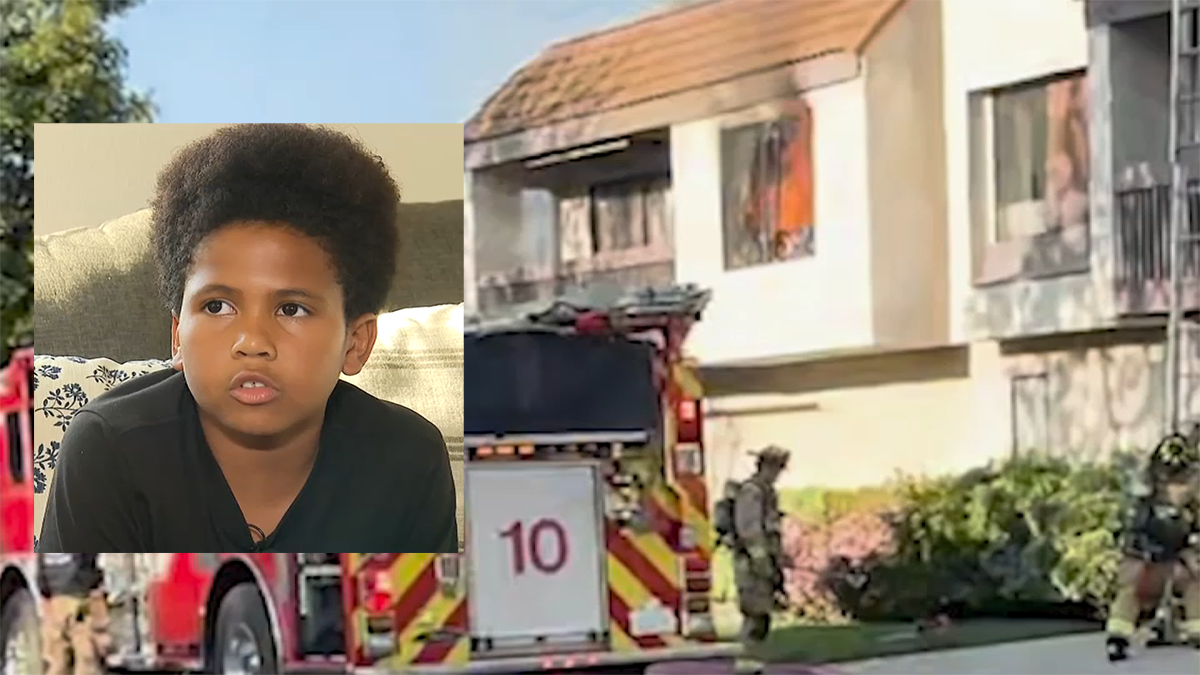
A police oversight group unveiled a new set of ideas Monday to improve accountability within the San Diego Police Department.
The Coalition for Police Accountability and Transparency (CPAT) met virtually at 10 a.m. to unveil a policy package called “Police Accountability Now.” The group urged local governments to adopt the plan amid the local and national calls for police reform.
The local coalition is made up of community and legal groups including the ACLU of San Diego and Imperial counties, Think Dignity, and Community Advocates for Just and Moral Governance.
Speakers from each group outlined the policy recommendations on behalf of CPAT at Monday’s meeting.
Christie Hill, of ACLU of San Diego and Imperial counties, said the killings of George Floyd and Breonna Taylor have renewed the need for police reform. She said CPAT has developed a series of policy change recommendations the group believes the county should adopt.
“We must drastically reduce the role, responsibilities, and presence of police in our communities,” Hill said. “These changes are not a solution to all policing problems in our region but they will help address over-policing and police violence in our Black and Latino communities.”
“This is an opportunity for transformation, and we are seeking action from our elected officials,” she added.
Local
This is an opportunity for transformation.
Christie Hill, ACLU of San Diego and Imperial counties
Bishop Cornelius Bowers, a well-known community activist, said the first recommendation in CPAT’s package is the “P.R.O.T.E.C.T. Policy,” which stands for "Preventing Over-Policing Through Equitable Community Treatment."
Bowser said this is a law that will “ban consent searches and stops and end pretext traffic stops” involving racial profiling in San Diego.
“Recent research shows that these discretionary stops are used disproportionately in Black and brown community,” Bowser said. “This law would reduce police presence in Black and brown communities; they should not stop an individual unless they have probable cause.”
“Our goal is to build trust with the community, but you can’t begin to build trust until we make sure that every community member is treated the same,” Bowser added.
Our goal is to build trust with the community, but you can’t begin to build trust until we make sure that every community member is treated the same.
Bishop Cornelius Bowser
Mitchelle Woodson, of the local homeless advocacy organization, Think Dignity, talked about the second policy in the CPAT plan which is to “decriminalize low-level offenses, divest from police budgets, and invest in non-law enforcement interventions that are critical to the safety of our communities.”
She said police officers should not be the first-responders to calls related to mental illness, homelessness, and poverty.
“Reform is not enough. These incremental changes have failed time and time again to combat police violence in a meaningful way,” Woodson said. “Now is the time to invest in funding crucial services that are often neglected: education, public health, workforce development, youth services, and affordable housing. We demand that our city invest in our people and provide our community with a meaningful opportunity to thrive and flourish.”
Genevieve Jones-Wright, executive director for Community Advocates for Just and Moral Governance, spoke to the final three policy recommendations in the CPAT plan Monday.
She said the third change calls for the creation of an independent, community-led oversight board with “true powers,” independent from the city attorney, SDPD, and mayor, so that “it is free from political pressure.”
Jones-Wright said that committee must have subpoena and investigatory powers and San Diego’s next mayor “must be committed to giving this committee the resources to it needs to be an actual check on police misconduct.”
The final two recommendations have to do with “ensuring the vision of AB392,” deescalation, and use of force policy, Jones-Wright said.
“We need robust policy on this and a very strong one shown to reduce violence,” she added.
Malcom Morgan, organizer at Pillars of the Community, said the time for change is now. He said his organization works with community members in southeast San Diego who are afraid to be in the neighborhoods they grew up in.
“Public opinion is rapidly changing on matters of police brutality and the systematic racism within the police department,” Morgan explained. “Every day, Americans are in the streets crying out for justice and change. This is why it’s imperative for SD to take action in this crucial moment. We should be pioneers and not simply followers.”
Christopher Rice-Wilson, of Alliance San Diego, echoed that deescalation is critical.
“Our communities have struggled against over-policing, excessive use of force and police brutality for decades,” Rice-Wilson said. “It needs to end today.”
Our communities have struggled against over-policing, excessive use of force and police brutality for decades. It needs to end today.
Christopher Rice-Wilson, Alliance San Diego
Rice-Wilson said CPAT knows policy alone won’t save lives, so transformative change is needed.
“It is time to end police violence, now. We need police accountability, now,” he added.
CPAT wants SDPD to implement all of its recommendations. The group plans to hold a virtual “teach-in” Thursday to educate the community further on its recommendations for policy change. The group is calling this week a “Week of Action.”
“We want to preserve life in our community and in our region,” Rice-Wilson said.
You can watch the full CPAT briefing here, or below.
NBC 7 has reached out to SDPD and the San Diego County Sheriff’s Department for comment on the CPAT recommendations. We will update this story once we hear back from the agencies.
Last month, the San Diego Police Department announced new deescalation policies to reduce the use of force by police officers and hold officers accountable when it comes to intervening during the use of force incidents.
The first policy requires officers – when safe and reasonable – to use techniques to resolve encounters either through lower levels of force or no force at all. The second policy implemented by SDPD outlines an officer’s duty to intervene and stop another officer if they are using unreasonable force, and also requires reporting the incident to a supervisor.

The department’s policy changes also include creating a “buffer zone” between an officer and a subject, which will be done by calling on specialized groups such as PERT (Psychiatric Emergency Response Team) or homeless outreach teams.
The California deescalation bill, AB 392, took effect in January, requiring police departments to put forward policies by next year.
San Diego Mayor Kevin Faulconer said the stand-alone policies would “help reduce the use of force, embrace standards of accountability, increase public trust and protect against unnecessary loss of life.”
SDPD Chief David Nisleit said the policies are an “absolute mandate” and, if an officer fails to intervene during a use of force situation, disciplinary action will be taken against that officer.
Faulconer and Nisleit said the policy changes last month came after two emergency meetings with two local police review committees: The Citizens Advisory Board on Police and Community Relations (CAB) and the Community Review Board on Police Practices (CRB). Those meetings were centered on police policy change discussion.
Also last month – about a week after nationwide protests sparked by the in-custody police killing of George Floyd in Minneapolis – Nisleit announced the ban of the carotid restraint by the SDPD.




